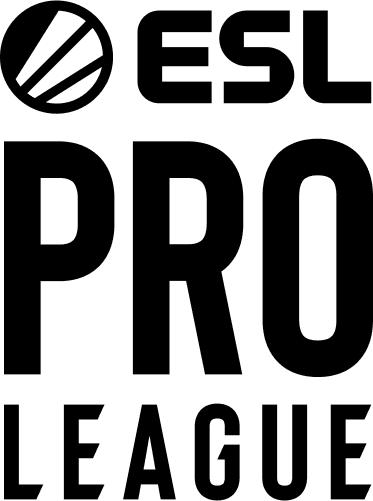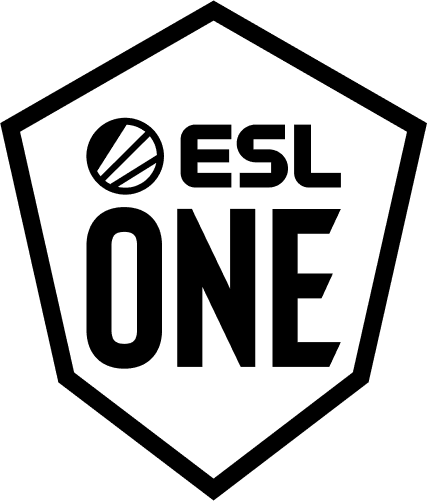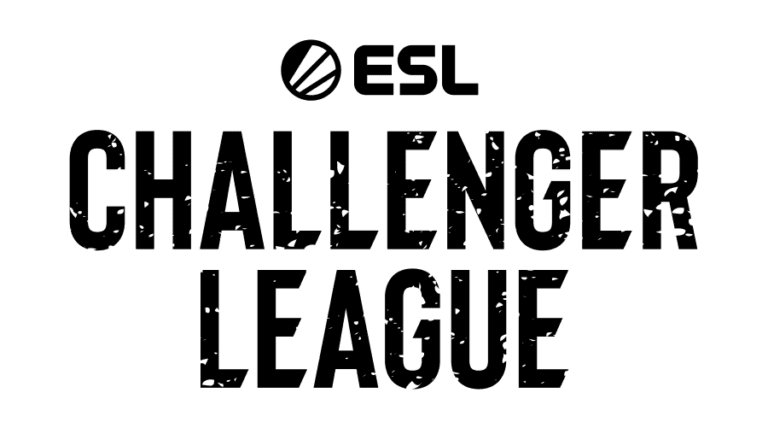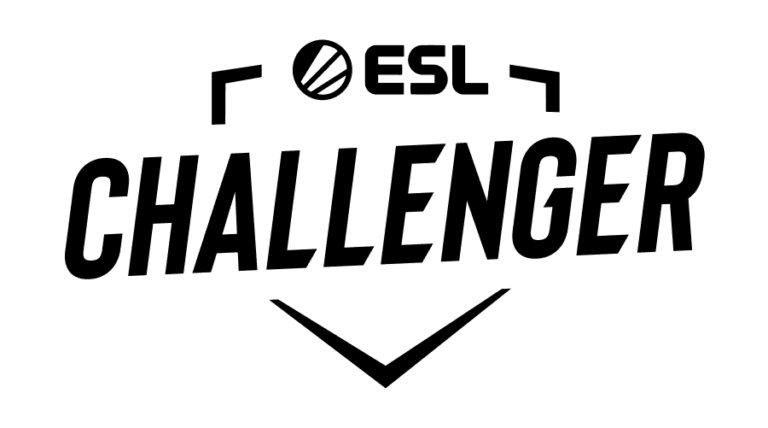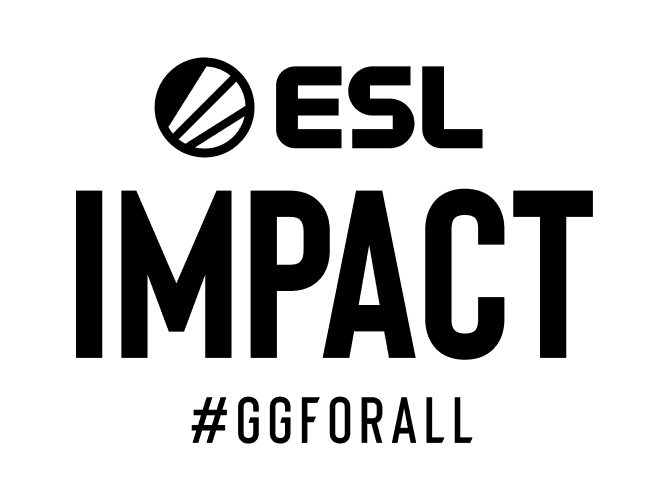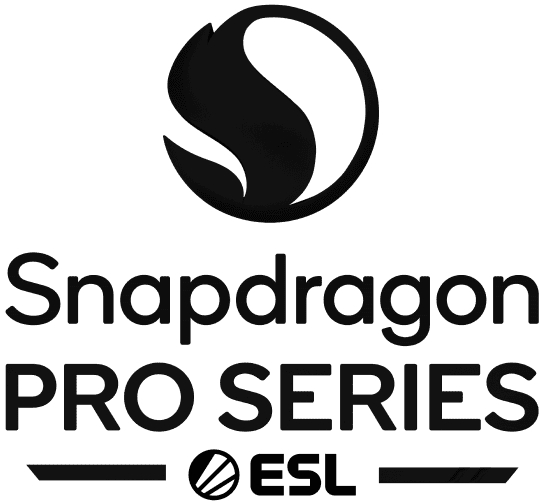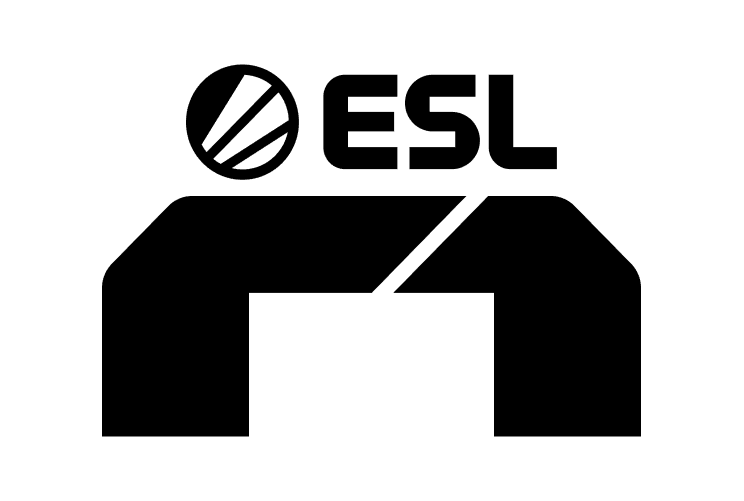eSports have been evolving rapidly over the past few years. We have seen more and more teams enter the fray, with organizers constantly planning the next big eSports event. Because eSports is still such a young industry, there is no standardized way to put on an event, which is why we see such a variety of them each year, and each different type of event that dots the eSports calendar brings something different to the table for fans, players and industry professionals alike.
Let’s have a look at the main types of LAN event that we get to enjoy each year.
The spectacle
Key events: The International, LCS Finals, ESL One, WCS Finals, EVO
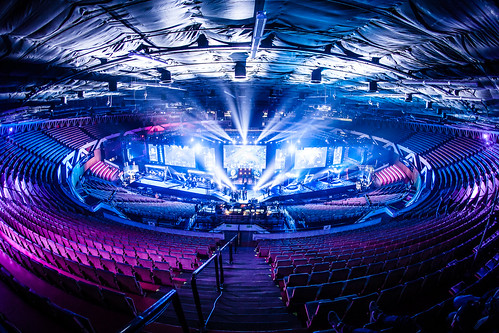
The impressive setup at Katowice
Typically the conclusion of months’ worth of competition, spectacle LAN events are the crown jewels of the eSports industry. Events like The International, the LCS Finals and ESL One impress with large prize pools, a showcase of the best teams in the world and broadcasts and venues that ooze production value. Because of their size and cost, an organization will typically only have one or two of these types of events a year, and usually only feature one game, but they are also normally the most-anticipated and watched events for that particular game.
For players, it’s a chance to compete against the best in the world and possibly make off with a massive paycheck. The fans are treated to an amazing show of some of the world’s best eSports talent either at an impressive venue or through a high-quality professionally produced broadcast. These events also often come with in-game events and items to build hype and introduce a level of participation, with The International’s Compendium and ESL’s Fantasy league come to mind as example.
As for the industry, these bring in some of the biggest sponsors and investors. Due to the amount of investment, these events set the bar for professionalism in eSports. They also tend to get the most outside attention, with the impressive setups and prize pools often pointed out in mainstream media as examples of eSports becoming ‘legitimate’.
Overall, the ‘spectacles’ are the LAN-events that generally drive a particular game’s scene. Because they are the most widely watched and supported events of the year, they can be a good measure of how much total support an eSport has from its community, developers and sponsors.
The LAN party
Key events: DreamHack, HomeStory Cup, The Summit

GodZ and Merlini enjoy the pool at The Summit Dota 2 tournament held at their Southern Californian home/studio
LAN party style events hark back to the days of our childhood when online gaming wasn’t as established - when most of the gaming was done in your friend’s basement or living room or even at the arcade. These smaller, more intimate events are usually organized by smaller organizations without sufficient support to put on a flashy event with a large prize pool. There are some exceptions, of course, as DreamHack toes the line between spectacle as the largest LAN party in the world (which is almost a spectacle in itself).
These events give players a chance to socialize with other players and personalities in a setting with less pressure than at big-stake events. Fans, in turn, are treated to a more candid look at some of their scene’s most beloved players. In the end, we are all just gamers, and it can be refreshing to see professionals play some fun games and even have a hand in broadcasting the event.
While certainly not as impressive as spectacle events from a production standpoint, LAN parties are something gamers have been enjoying for decades, and the spirit is still alive as these have been some of the most well-received events of recent. These types of events are also typically homegrown, and can be great starting points for a game’s competitive scene to develop.
The convention
Key events: gamescom, SXSW Monster Invitational
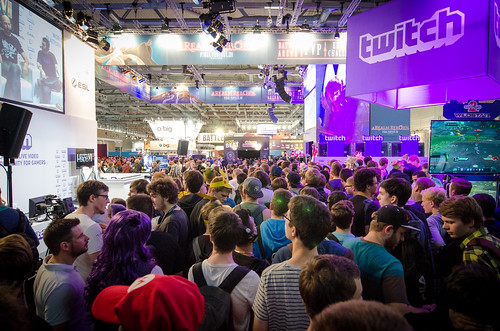
gamescom 2014
A newer type of event we’ve been seeing recently is short LAN tournaments at conventions. Unlike spectacle LAN events, the competition is not the only attraction for events that take place at conventions and expos like gamescom. These events, which are geared towards gaming in general, work not only as an excuse to put on a showmatch or a small tournament but also as a way to promote eSports to the gaming industry as a whole.
While players get to play in a relatively short tournament with a decent prize pool and fans get to watch and visit a gaming expo, these events can be most valuable to people working as eSports professionals. Conventions provide opportunities for eSports professionals to connect with developers and sponsors in and around gaming to garner more support for the growing industry. The short tournaments and showmatches also provide a weekend’s worth of entertainment without the need for fans to follow months of qualifiers and playoffs.
As eSports becomes a larger and larger part of the gaming world, expect to see more and more tournaments pop up at gaming expos and industry conferences. Events like these work to not only promote an eSport but can also bring added hype to the conventions.
Takeaways
eSports has always been a community-backed endeavor, and it is up to fans to decide what kinds of events they would like to see in their scene and which organizations they support. There is no singular fan philosophy in the world of eSports, and this has led LAN organizers to experiment with the kinds of events that they put on.
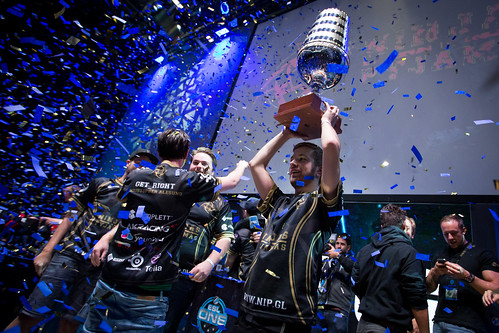
ESL One Cologne victors Ninjas in Pyjamas celebrate their win at gamescom 2014
Some eSports fans live for the large and spectacular LAN events like The International or ESL One. However, while the increased interest in eSports has definitely upped the #productionvalue of these types of events, there are many fans that prefer a smaller and more casual LAN setting like that of HomeStory Cup or The Summit, which provide a more candid setting for fans to connect with their favorite teams and players. Certain scenes may also benefit from or support one kind and not the other.
In the end, this list will only grow as organizers find different ways to attract audiences, sponsors and games. And that’s a good thing - eSports is still in a time of experimentation, and a wider variety of events allows fans to pick and choose the types of LANs they enjoy the most as well as which organizations to support. More so than in any other industry, the fans are in a position to help decide which direction eSports’ biggest events are heading in.
To find out more about ESL's eSports events, why not check out ESL One or Intel Extreme Masters? Intel Extreme Masters Toronto kicks off tomorrow!


